
OR
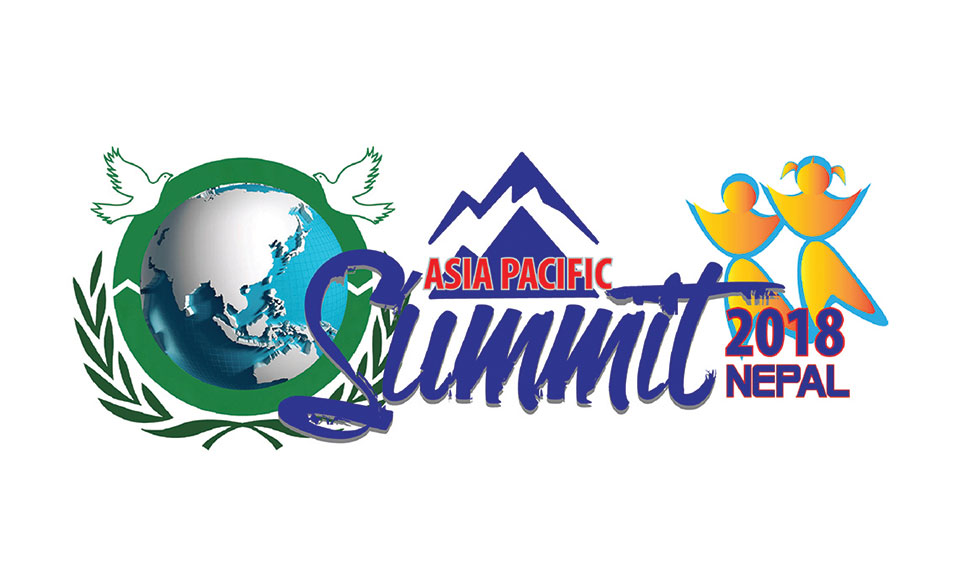
More from Author
Nepalis themselves initiated and took ownership of peace process. Other countries can learn a lot from Nepal
In collaboration with Government of Nepal, Asia Pacific Summit 2018 is being organized by International Conference of Asian Political Parties (ICAPP), Federal Parliament of Nepal, International Association of Parliamentarians for Peace (IAPP) and Universal Peace Federation (UPF), main sponsor, in Kathmandu.
UPF has global footprint with activities in 155 nations of the world. It could have chosen other venues to hold this Summit. So why did we choose Nepal? The theme for the summit is, “Addressing Critical Challenges of Our Time: Interdependence, Mutual Prosperity, and Universal Values.” One effective way to address global challenges is to find a substantial working model, no matter how small the models are, see why it works, improve on it and scale it upward.
UPF decided to choose Nepal as the summit venue because it saw several paradigms of peace in this small Himalayan nation. UPF wants to showcase Nepal’s model of building peace to the world and support Sustainable Development Goals of the United Nations.
One critical challenge of our time is the confrontation between the ideologies of communism and democracy—for example China vs America and Russia vs Europe. To Nepal’s north is the largest communist county in the world and to its south the largest democracy. The ideological conflict was played out in real time and was at the heart of the decade-long civil war which left as many as 17,000 people dead.
This critical challenge in Nepal was addressed when both the democrats and the communists realized the futility of military confrontation. Killing, whether of combatants or innocent civilians, created untold sufferings. It fuelled resentment, retaliation and revenge. A never-ending cycle repeated itself over and over.
Based on personal relationships of Pushpa Kamal Dahal and Girija Prasad Koirala, 12-Point Agreement was signed on November 22, 2005. Then began Nepal’s peace process. Coincidentally, this was the day when Rev Dr Sun Myung Moon launched UPF in Nepal during his first trip here 13 years ago.
Peace begins when leaders reconcile. It takes two sides to realize the futility of war. Nepal is grateful to various stakeholders, including the United Nations, who supported the process. But Nepalis themselves initiated and took ownership of the process. It was essentially a ‘made in Nepal peacemaking effort.’ Other countries can learn from Nepal.
Another critical challenge is the peaceful reconciliation of hostile groups. In Nepal, after a decade of fighting and violence, armed militants voluntarily handed over their weapons to the United Nations, and together with democratic parties, held two Constituent Assembly elections, wrote the constitution, integrated two armies, restructured the state, and formed a federal democratic republic. The king peacefully relinquished 240-years old monarchy—an unprecedented and historical achievement in Nepal’s history.
Nepal’s spirit of reconciliation can be compared with Nelson Mandela’s approach of forgiving enemies and bring a peaceful end to apartheid in South Africa. It was the same spirit that ended World War II with the Marshall Plan, where the United States helped rebuild Germany and Japan and former foes.
Wherever you go to in Nepal, visitors receive a wide welcoming smile. Then head is slightly bowed, hands are brought together with respect and a heartfelt Namaste—which literally means ‘I bow to the God within you.’ It is accompanied with eagerness, willingness to serve. Nepal was selected as the venue for this summit to let visitors experience being part of a Nepali family.
Nepal has a unique culture that honors parents, grandparents and guests as God. Family structure in Nepal is quite robust. Prime Minister of Nepal, KP Sharma Oli, has liked the idea of Asia Pacific Summit focusing on issues such as climate change, peace and security, good governance, conflict resolution, as well as strengthening marriage and family. These are parts of Sustainable Development Goals of the United Nations. Nepali Prime Minister has said that strengthening marriage and family could complement his government’s motto of “Prosperous Nepal, Happy Nepali.”
Polar icecaps and mountain glaciers are melting. Coral atoll island nations are being submerged. High-level delegates from nations affected by first and final consequences of climate change are at the same table at this summit. Climate change is one of the top priorities of Nepal as well. UPF selected Nepal for the venue precisely to support this issue.
Summits like these help solving pressing problems of the world but they are not enough.
Serious and effective action must be taken by the world community to address the critical issues relating to the global warming. It threatens the very existence of the human race and life as we know it.
The author is Education Director of Universal Peace Federation (UPF), Asia Pacific
You May Like This

Two-day Asia Pacific Summit 2018 kicks off today
KATHMANDU, Dec 1: The Asia Pacific Summit 2018, which is one of the biggest international events being held in Nepal... Read More...
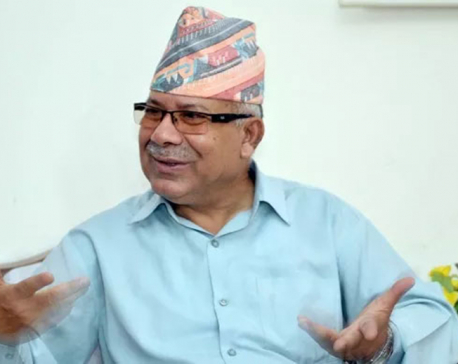
NC has made a blunder by creating controversy about this summit: Nepal
Senior leader of the ruling Nepal Communist Party and former Prime Minister Madhav Kumar Nepal is one of the key leaders... Read More...
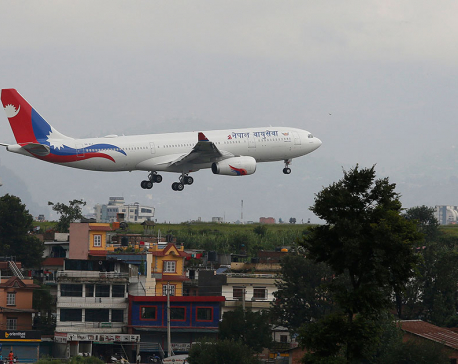
International air travel guidelines explained: Who can fly to Nepal, and how?
KATHMANDU, Sept 2: The government has formally resumed regular flights to and from Nepal after a hiatus of over five... Read More...
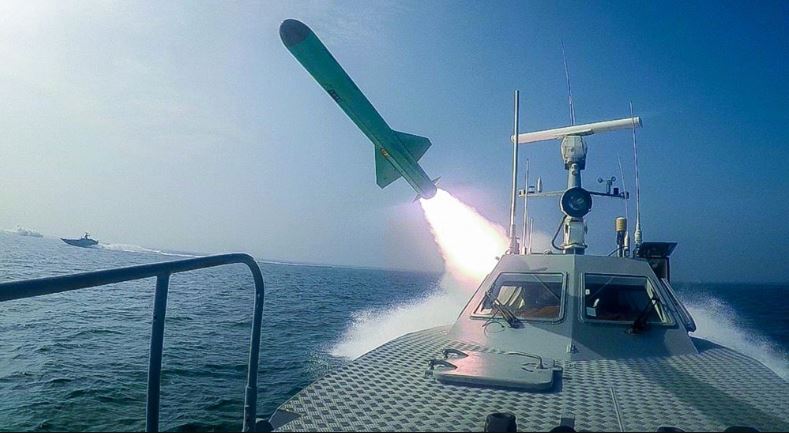
Just In
- KMC to organize a month-long skill fair from May 1
- Birgunj Metropolis collects over Rs 360 million in revenue
- NEPSE plunges below 2,000 points after one and a half months; daily turnover declines to Rs 2.10 billion
- AI Index Report-2024: AI still behind humans on complex tasks like competition-level mathematics
- Daiji-Jogbudha road construction at snail’s pace
- Govt fails to adopt podway technology despite its potential in Nepal
- Jhulaghat border crossing in Baitadi to remain closed from this evening
- Universities will be free from partisan interests: Education Minister









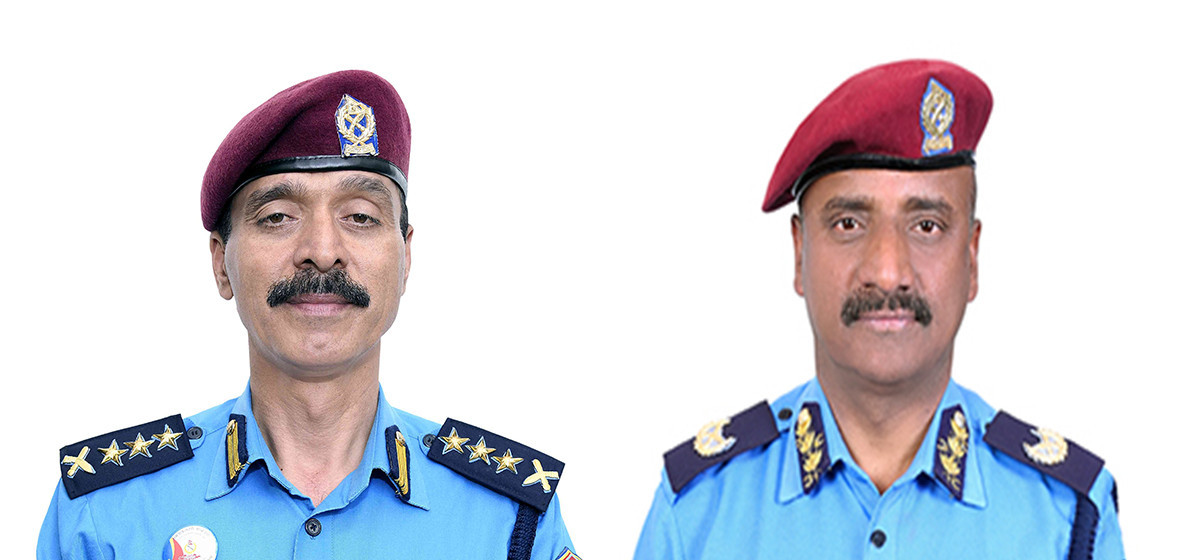


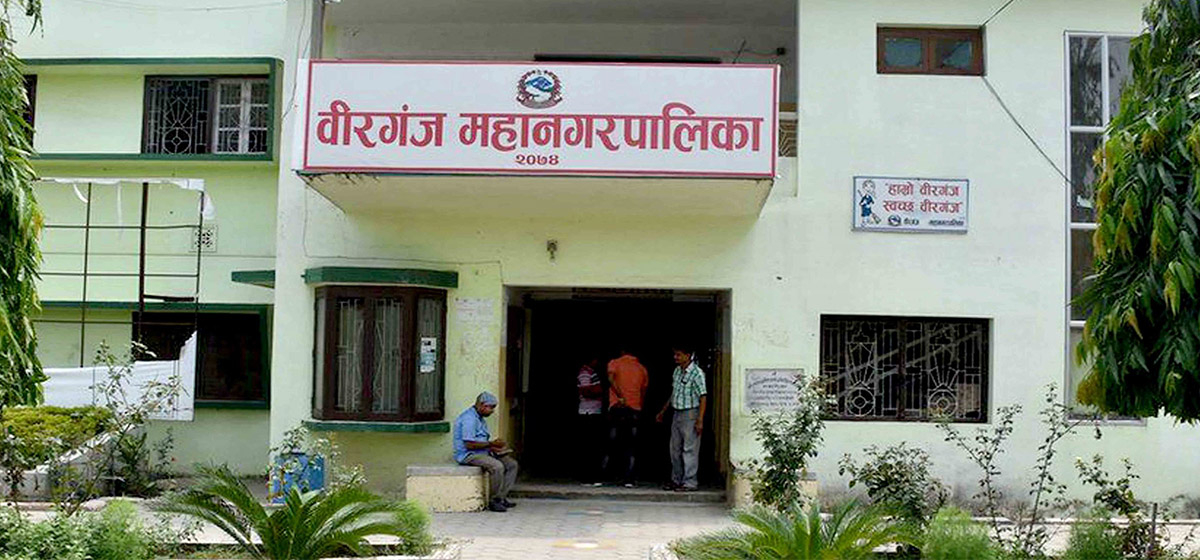


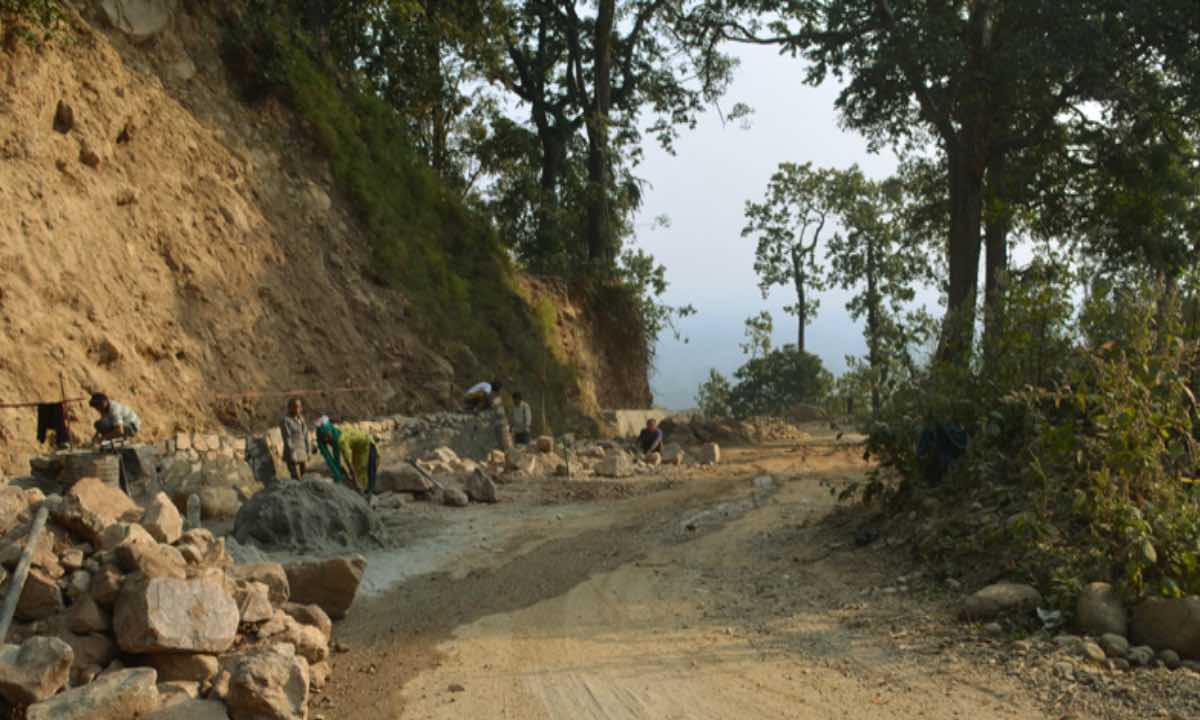
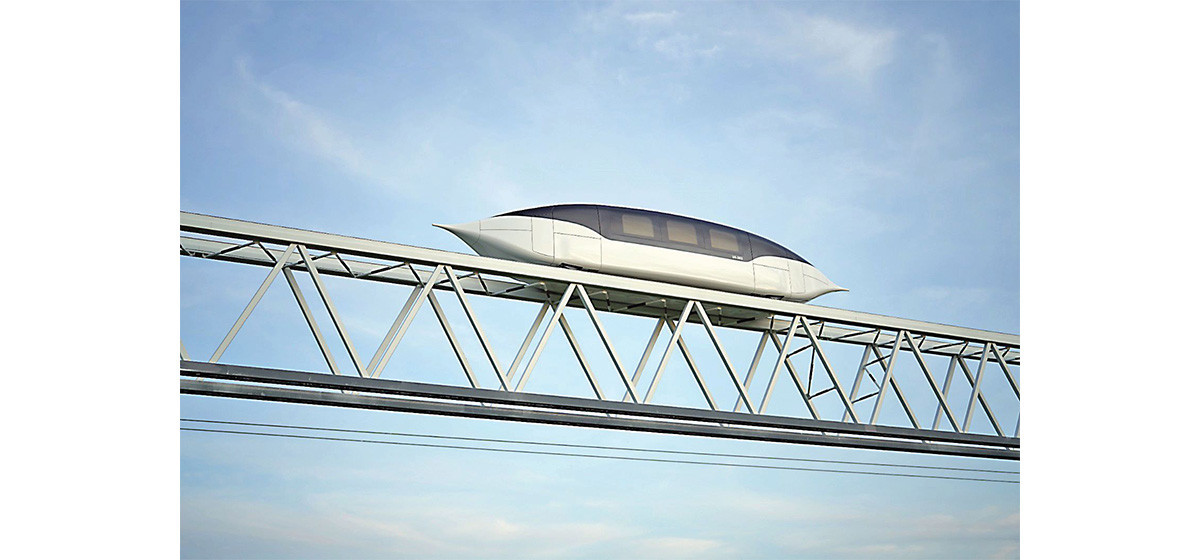
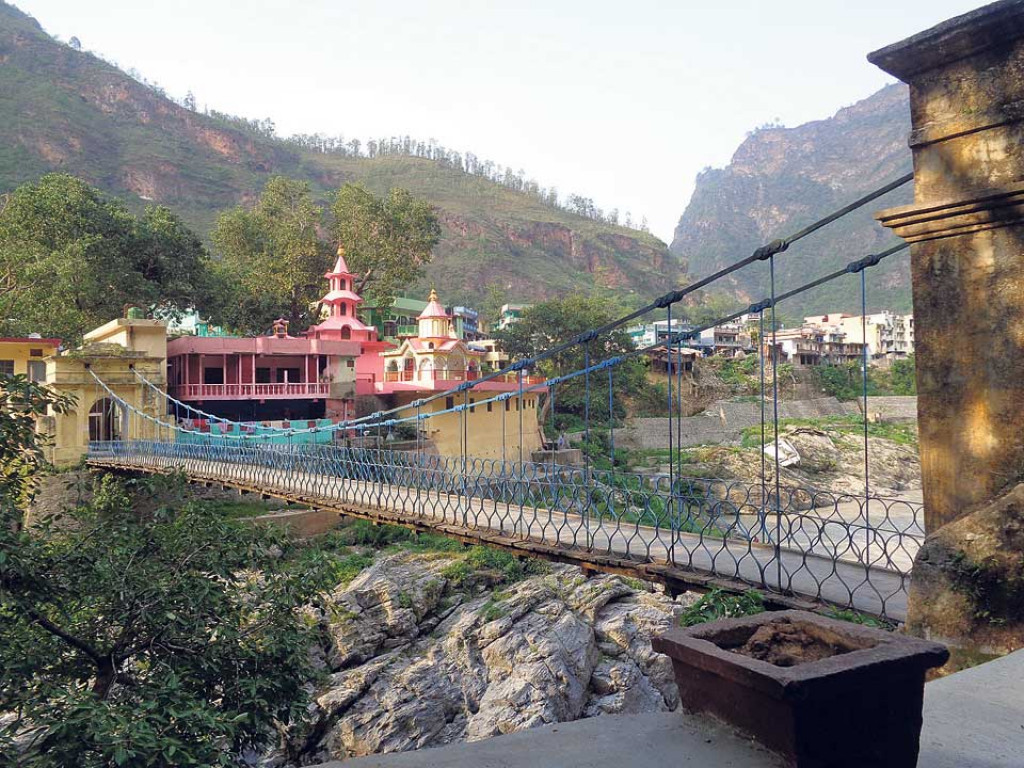
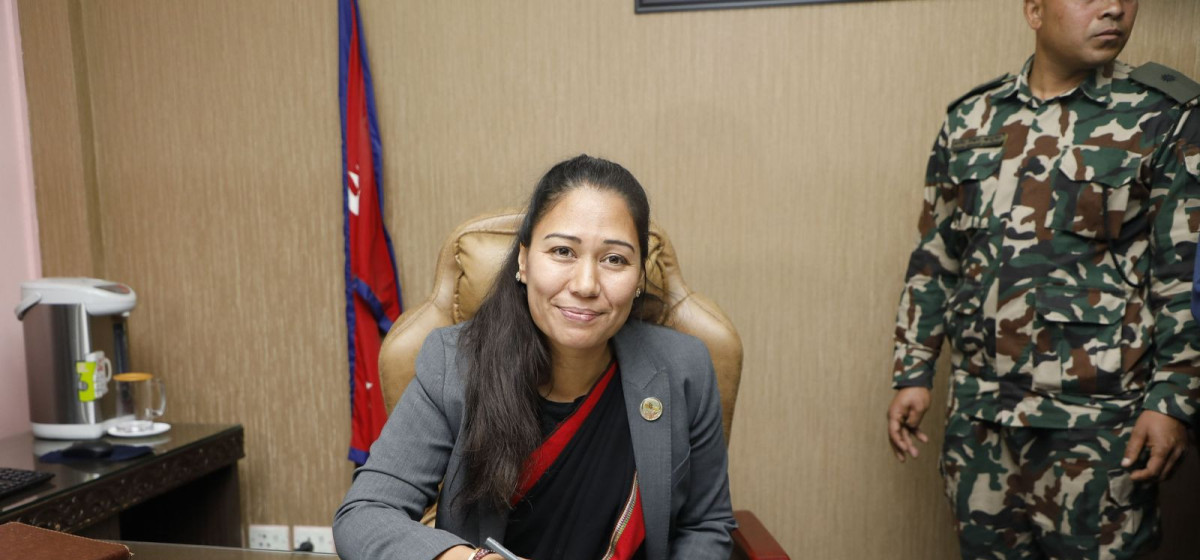
Leave A Comment